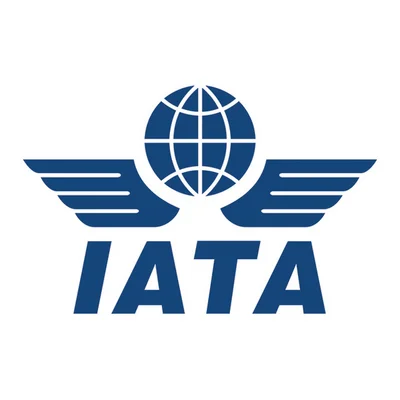Industry commentators such as Live and Let’s Fly and One Mile at a Time have weighed in on the issue. They noted that while U.S. airlines might technically be able to operate flights, various factors complicate this decision. These include fluctuating security conditions in Israel affecting demand, potential risks to employees, and operational logistics. Additionally, some airline employees with pro-Hamas sentiments could exacerbate the situation.
U.S. airlines also have other options for deploying their crews and aircraft. Even if flying to Israel were safe and demand justified it, alternative destinations may present fewer downsides.
El Al's situation differs as it operates both commercially and as Israel's national airline. Unlike U.S. carriers, El Al cannot easily redeploy its fleet away from Tel Aviv.
U.S. consumers can still fly via El Al or through joint ventures involving U.S. airlines with other carriers, allowing connections in Europe or the Middle East during short suspension periods.
Critics Matthew Klint and Ben Schlappig repeated a common misconception that all El Al aircraft are equipped with anti-missile defense systems; only certain models have this feature.
Furthermore, critics argue that Torres should focus on encouraging fifth freedom flights between the U.S. and Israel by non-U.S. carriers rather than targeting U.S. airline CEOs. This approach would involve renegotiating Open Skies treaties to allow more competition if U.S.-based airlines are unwilling or unable to serve these routes.
Torres' comments are seen by some as political grandstanding without offering substantial policy solutions such as reducing protectionism for U.S. carriers when they cease operating certain routes.
 Alerts Sign-up
Alerts Sign-up





































